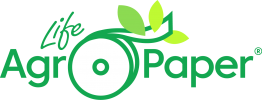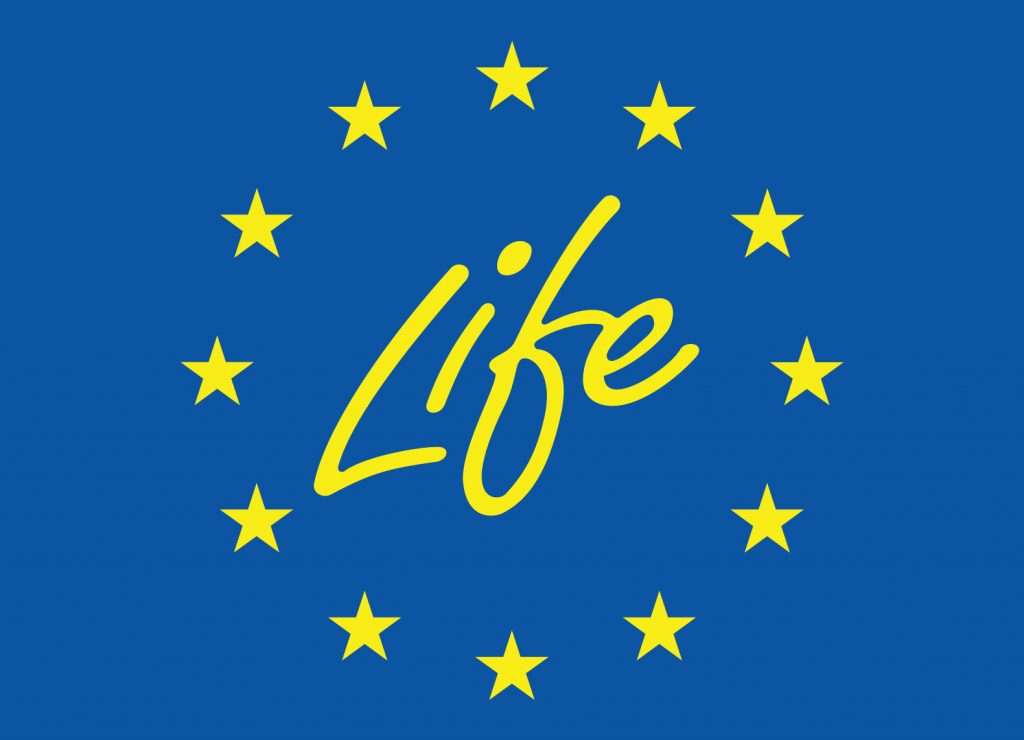LIFE AGROPAPER® A laims to achieve the substitution of plastic for agricultural paper by carrying out 18 large-scale, highly replicable demonstrations in Europe.
The reasons are compelling: here is the explanation.
Millions of tonnes of plastics in agriculture
Global consumption of plastics in agriculture is based on an estimated 6.5 million tonnes per year. Low density polyethylene and polyethylene “plastic film” are the most used plastics in agriculture (60%). At European level, 3.3% of plastics in Europe are used for agricultural applications (0.3 million tonnes).
The main agricultural applications of plastics are mulching (427,059 ha), greenhouses (111,550 ha), low tunnels (68,991 ha) and direct covers (61,800 ha). The mulching technique consists of mechanically covering the soil where crops have been planted with thin (20-50 μm) plastic films, protecting seedlings and young plants and contributing to yield and quality increase, weed control, water and pesticide use efficiency and soil erosion control. If neither plastics nor pesticides are used, the average reduction in crop yield is 34%.
In terms of mulching, the two countries with the largest areas are Spain (120,039 ha) and France (100,000 ha). The majority of crops using mulching in Europe are grown for flowers, ornamentals and vegetables, such as tomatoes, lettuce, peppers, maize, aubergines, cucumbers, asparagus, artichokes, melons, watermelons and strawberries. Spain and France dedicate 160,233 ha to the production of tomatoes, lettuce and peppers.
This is why for LIFE AgroPaper® 5 of the most important crops (lettuce, tomato, pepper, maize and artichoke) have been selected in 4 locations with different climatology: Murcia (Southern Spain), Navarra (Northern Spain), Normandy and Burgundy (Northern France) to be representative of the Mediterranean and Central European regions where almost all vegetables are grown in Europe. The 18 large-scale demonstrations will cover 15.4 ha of agricultural mulch (TRL7-TRL9).
The results of these trials and of the project will be known by the end of 2023.
The development of this European project – Towards to zero plastic soil management agricultural practices – LIFE AgroPaper® (LIFE 19 ENV/ES/000404) – is possible thanks to the financial support of the LIFE programme of the European Union.

